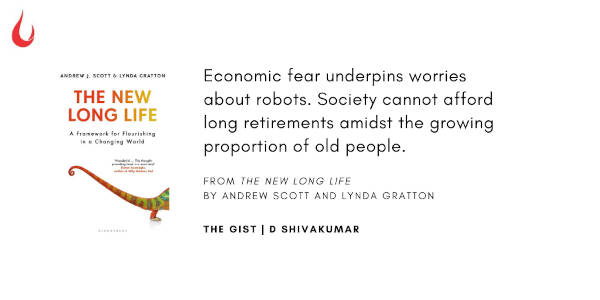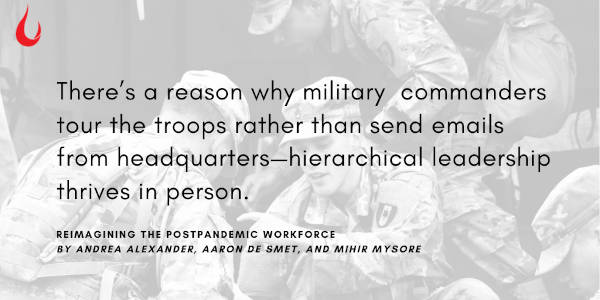[Image by Mabel Amber from Pixabay]
Good morning,
Karl Pillemer is a sociologist and gerontologist at Cornell University. He heads the Cornell Legacy Project as well and over the years, between his assistants and him, they’ve reached out to a few thousand people in their seventies and got them to reflect upon their lives. One outcome of this project is a book, 30 Lessons for Living: Tried and True Advice from the Wisest Americans.
In there, Pillemer writes, “For people age seventy and beyond, honesty is an indisputable core value, one that was bred in the bone when they were children. But it’s also the key to a practical lesson—one that many of them have learned the hard way—for avoiding regret.
“In their views on honesty, the experts didn’t leave much wriggle room. Yes, some suggested that a ‘little white lie’ might occasionally be okay (for example, when dealing with no-win questions like ‘Do these pants make me look fat?’). However, with a consistency that surprised me, they advise us unconditionally to be honest, to have integrity, to be someone others can trust. If not, we will regret it. The prescription to be honest was usually unqualified. I didn’t hear, ‘Be honest when you have to,’ or ‘Be honest up to a point.’”
Other reflections include:
“Say yes to opportunities. When offered a new opportunity or challenge, you are much less likely to regret saying yes and more likely to regret turning it down.
“Travel more. Travel while you can, sacrificing other things if necessary to do so. Most people look back on their travel adventures (big and small) as highlights of their lives and regret not having travelled more.
“Choose a mate with extreme care. The key is not to rush the decision, taking all the time needed to get to know the prospective partner and to determine your compatibility over the long term.
“Say it now. People wind up saying the sad words ‘it might have been’ by failing to express themselves before it’s too late. Don’t believe the ‘ghost whisperers’—the only time you can share your deepest feelings is while people are still alive.”
In this issue
- How to live better into old age
- Leading in a WFH + Onsite world
- When do you log out?
Have a lovely day.
How to live better into old age
In his latest The Gist, D Shivakumar, president (corporate strategy and business development), Aditya Birla Group, takes our readers through The New Long Life, a book by Andrew Scott and Lynda Gratton. In the book, they argue that as individuals and as a society we need to reimagine work, career, relationships, among other things. And both the young and the old will need to share the burden and opportunities of longer lives.

Here are three interesting insights from The Gist:
- Human history is an impressive tale of collective achievement. Over thousands of years, we have substantially increased our numbers, our lifespan and the resources available to us. We are today far richer and far healthier as a consequence.
- As Harvard economist Sendhil Mullainathan and Princeton psychologist Eldar Shafir have shown, when a resource is scarce, it dominates thinking and becomes the problem that needs to be fixed. The result of this tunnelling is that leaders become vulnerable to bad decisions that will be costly in the long run.
- A team at Google analysed 100 senior managers and showed that the greatest contributing managers were good coaches, empowered others, were interested in the well-being of the team, were good communicators and good listeners, and had clear vision and strategy.
Dig Deeper
Leading in a WFH + Onsite world
Many businesses across the world are looking at a hybrid model to navigate the post-pandemic world—some employees work from home, while others will work onsite. There’s a widespread assumption that it will be easy. After all, we have worked offsite for years, and have gotten used to working virtually in the last few months.

A thorough piece in McKinsey Quarterly argues that mixing the two will be harder than it sounds, and offers practical suggestions to think through and plan.
For example, the authors point out that “There’s a reason why military commanders tour the troops rather than send emails from headquarters—hierarchical leadership thrives in person.”
They write: “Tom Peters used to call the in-person approach ‘management by walking around’: Looking someone in the eye, shaking their hand, laughing with them when in their physical presence creates a very different kind of bond than can be achieved [virtually].’
“But when the workforce is hybrid virtual, leaders need to rely less on hierarchical and more on inspirational forms of leadership. The dispersed employees working remotely require new leadership behaviours to compensate for the reduced socioemotional cues characteristic of digital channels.”
So, leaders and managers should adapt. They write: “Many leaders will now need to ‘show up’ differently when they are interacting with some employees face-to-face and others virtually. By defining and embracing new behaviours that are observable to all, and by deliberately making space for virtual employees to engage in informal interactions—leaders can facilitate social cohesion and trust-building in their teams.”
Dig Deeper
- Reimagining the post-pandemic workforce | McKinsey Quarterly
When do you log out?
Now that most of us are WFH, are you plugged in all the time? Do you have some rituals to log out at a certain hour and take time out?

(Via Pinterest)
What do you talk about when you talk to the younger generation? Let us know. Head to our Slack channel.
And if you missed previous editions of this newsletter, they’re all archived here.
Bookmark Founding Fuel’s special section on Thriving in Volatile Times. All our stories on how individuals and businesses are responding to the pandemic until now are posted there.
Warm regards,
Team Founding Fuel

